My friend Kate has always liked the idea of helping people learn better, but felt that the classroom wasn't enough. Then she realized that studying psychology would help her go further in her career.
Have you ever wondered about the connection between education and psychology? Educational psychology can be the bridge to help people become better learners.
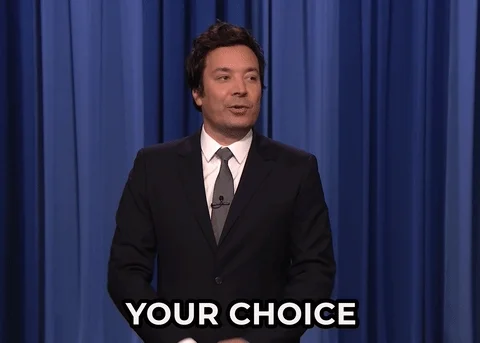
What does an educational psychologist do?
Educational psychologists promote learners' emotional and social well-being. They take into account educational theories and research on human development.
A day in the life of an educational psychologist can take place...
at school ✔️
at the learner's home ✔️
at a community organization ✔️
at a research center ✔️
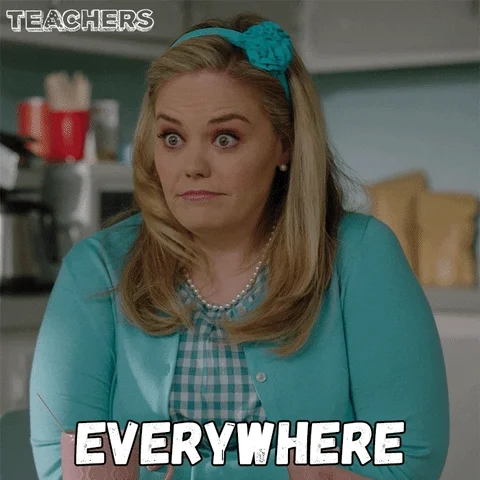
As an educational psychologist, you'll be in charge of...
supporting students with learning difficulties
meeting the students' parents to offer guidance
helping teachers create accommodations for learning
researching human development and learning theories
offering consultation to schools and organizations
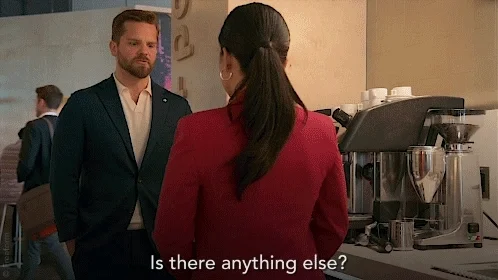
What will I do every day?
Educational psychologists wear many hats. Some of the duties are:

supporting children (one-on-one or in groups) at their schools

observing learners and evaluating their needs
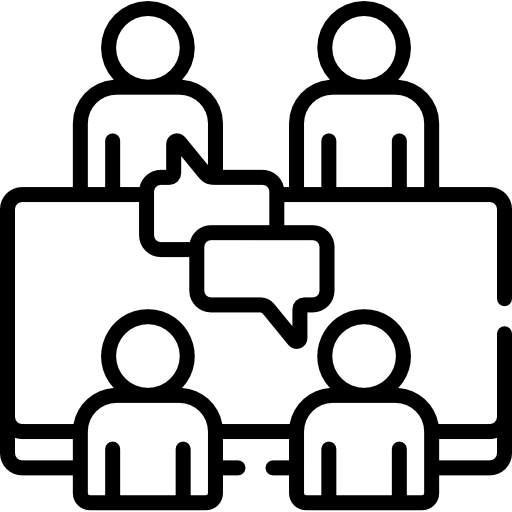
consulting with parents or other collaborators

developing appropriate interventions and accommodations for learners

training teachers in special learning needs
What does it take to be an educational psychologist?
Do you have what it takes? Educational psychologists are the bridge between psychological tools and the learning environment. You'll need:

research skills: to conduct research and suggest interventions in the classroom
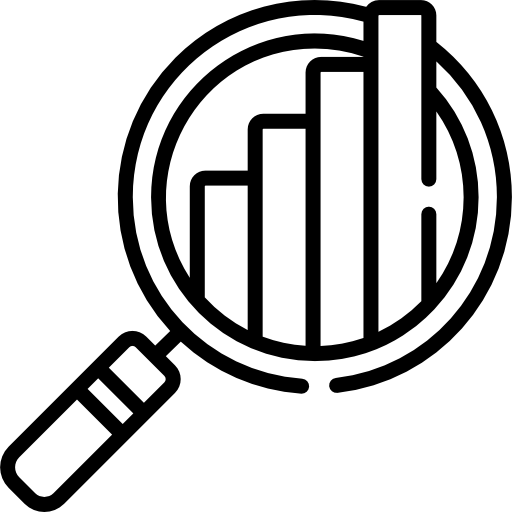
analytical skills: to evaluate educational programs and consider accommodations

problem-solving skills: to identify an issue and provide the best tools

communication skills: to talk to all members of the community, including students, parents, and teachers

interpersonal skills: to develop empathy so as to understand challenges and difficulties

ethical conduct: to promote the students' well-being in the educational setting
Quiz
Karen wants to be an educational psychologist. However, she sometimes has trouble identifying other people's feelings. She is also reluctant to reflect on her daily work. Which skills would she need to develop?
Getting ready
Now that you're sure this is a good fit, there are two ways to become one!
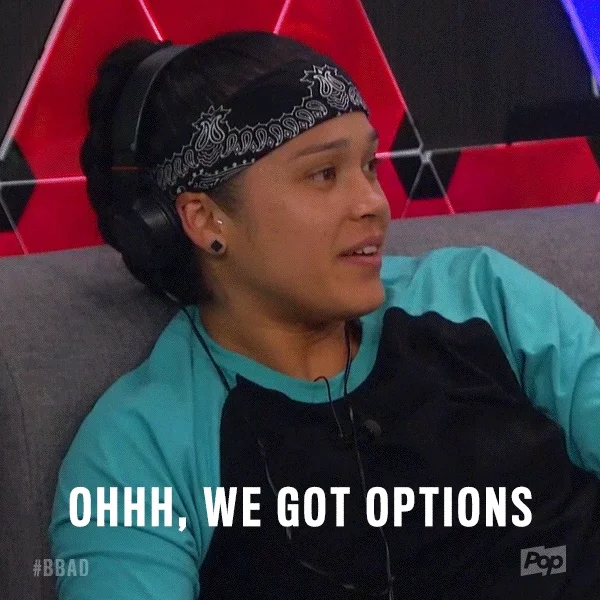
Pursue an undergraduate degree in any field such as education or psychology. ✅
Start with a general psychology bachelor's degree. ✅
Then go for a Master's in educational psychology. 🚀
Areas to go into:
human development
research and analysis
applied learning behaviors
consultation in special education
How can you make sure you succeed in your degree?
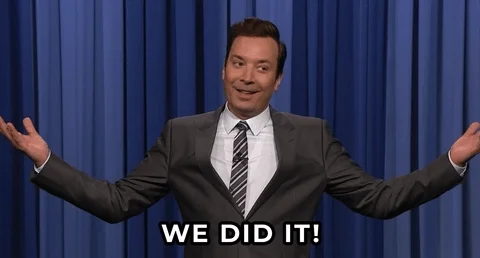
When it comes to making the most of your program, make sure to:
Embrace many educational theories and practices. Apply your analytical skills and critical thinking to choose the best for your context.
Keep in touch with all the important roles: teachers, students, families, and schools. All of them will have different initiatives, challenges, and difficulties to evaluate. Use your interpersonal skills to connect with these needs.
Be exposed to the common difficulties behind students' lack of progress. Get ready to develop effective strategies for them.
Take Action
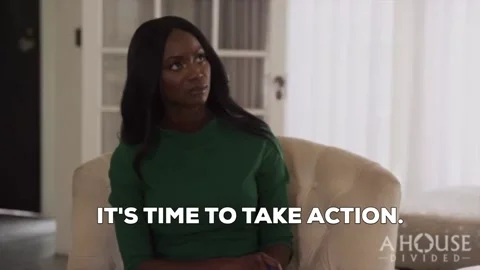
If you want to be like my friend Kate and study educational psychology:
Your feedback matters to us.
This Byte helped me better understand the topic.
